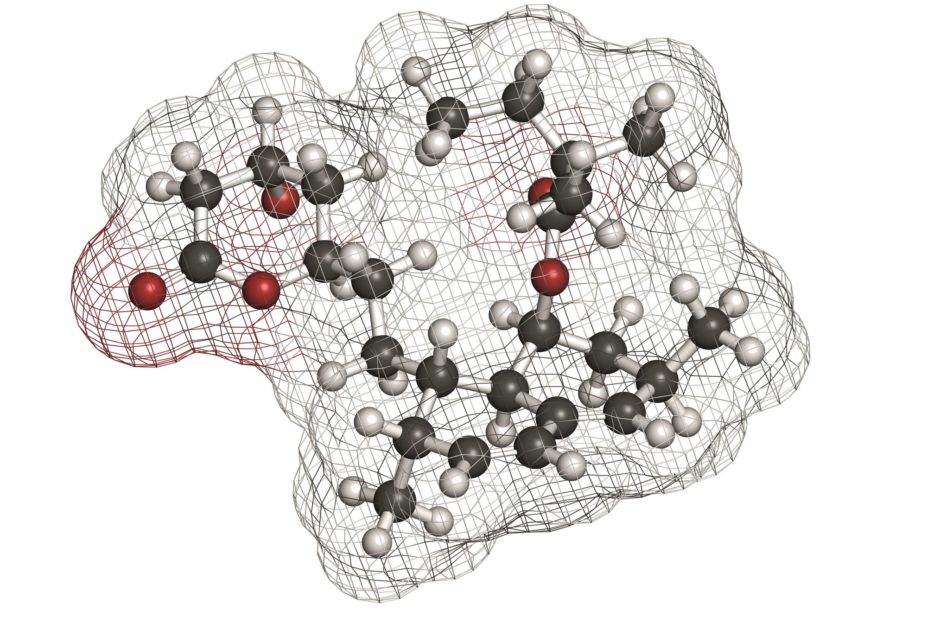
Shutterstock.com
Statins have a range of pleiotropic effects including anti-tumour properties. The mechanisms underlying this effect were examined by researchers from the University of Texas, who incubated human leiomyoma cells with simvastatin.
Writing in the Journal of Biological Chemistry (online, 30 October 2014)[1]
, Mostafa Borahay and colleagues reveal that simvastatin treatment inhibited proliferation of tumour cells and induced calcium-dependent apoptosis. They also showed that simvastatin inhibits ERK phosphorylation, a critical step in growth-factor signalling.
“We were not able to determine whether the effects of simvastatin were specific for leiomyoma cells versus normal myometrium,” the researchers say. “Future studies will determine whether simvastatin inhibits leiomyoma growth in vivo.”

